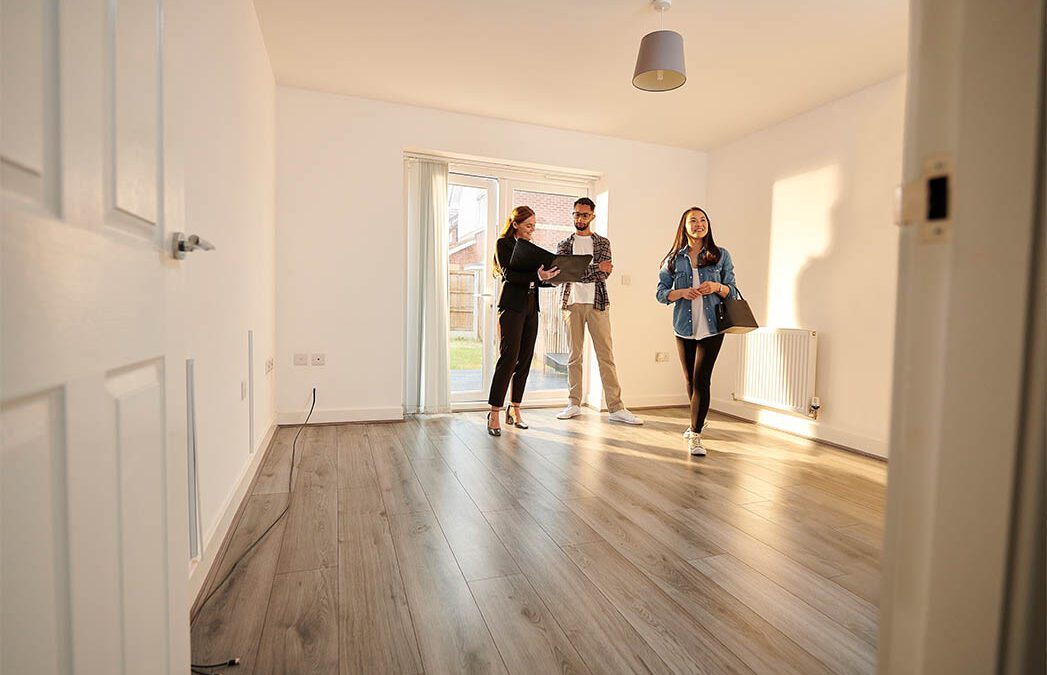Despite media depictions of real estate investors as greedy and selfish, the investors I know are some of the most generous and caring people I have ever met. Each one wants to make a difference in their communities even more than they desire making a profit.
Because real estate tends to be a conservative business with tried-and-true rules, innovation is often stifled. Things are changing, however, during this time of upheaval. Inflation is through the roof. Supply chains are failing. Things we have taken for granted are suddenly unavailable.
How can you help your community during this time? What can you do differently for your residents, your businesses, your investors, your towns and cities?
Our communities need to become more self-sufficient. Today our energy comes from a regional provider. Our water generally comes from a citywide system. Our food comes from all over the world. It is prepackaged and heavily processed to remove nutrients and add chemicals, sugar, and salt. In many communities, we don’t know our neighbors. People are physically isolated even as we become more connected via social media and the internet.
These outcomes are influenced by the way we develop and use real estate. And they can be changed if you change how real estate operates. A true entrepreneur will see these challenges, find solutions, and transform their communities.
Addressing all these issues may be complex and time consuming, but here are a few ideas that you, as an entrepreneur, can explore to improve your communities.
Energy
There are sustainable ways to provide energy for individual neighborhoods (of about 2,000 homes) that don’t require transport of electricity from far away power plants. These options extend beyond wind and solar.
Water
Several companies have developed water from atmosphere capabilities that can supply adequate water for individual homes. Especially in areas where aquifers are failing, these systems can provide water security for individual homes or neighborhoods.
Food
New technology supports intensive indoor growing that can provide food for 3,300 people in a three-story building with a 10,000-square-foot footprint. Imagine if you added locally grown food as an amenity at your apartment complex or for your new neighborhood subdivision. Your residents would no longer be dependent on supply chains that, as we have seen, can fail.
In addition, there are now methods to rejuvenate damaged soil quickly (in months instead of decades), to repair farmland (or your landscaping) damaged from intensive use of fertilizers and pesticides or from hazardous waste. Making food local and fresh will dramatically improve its nutrient value and taste, while making it less expensive for your residents.
Community
Having local capabilities for energy, food, water, and exchange means that your residents have more opportunities to interact with each other. Redesign of communities to emphasize common space and interactions is also very necessary. As we found during the pandemic, the enforced lack of interaction caused all kinds of psychological problems. At this point, creating a shared sense of community and having great options for gathering is a real health benefit.
Ownership
Tokenizing your property (creating a cryptocurrency that represents ownership of the property) can create liquidity for your investors and increase the value of your property. Tokenizing also democratizes the ownership so that your residents or tenants could protect their cash from devaluing.
With true inflation at around 16% right now, the purchasing power of your investors’ and residents’ dollars is rapidly decreasing. Allowing them to own part of your real estate—which will maintain or increase its value—and still having the liquidity to pay for goods and services is a huge advantage to your community.
Risk Assessment
Although most real estate investors look for near-term threats to their investment (market cycles, physical condition, regulatory challenges), you should consider broadening your risk assessment to look at potential risks from climate change, geopolitical instability, rampant inflation, and workforce availability. New capabilities are emerging to provide this type of risk information. The smart entrepreneur will assess the risk from these threats and find ways to mitigate them.
Now is the time to rethink how you invest in real estate. Are there ways you can change your investment strategies to address the risks mentioned here and, in the process, transform your communities into something new, better, and wonderful?
Creating quality communities is the mission of real estate investors. True entrepreneurs find ways to turn these challenges into improvements for their residents and investors. When you solve problems like these, profits will come too.
Steve Streetman is a real estate consultant specializing in deal structuring and the use of cryptocurrency. Look for his book “Cryptocurrency and Real Estate: How to Profit as Bitcoin and Blockchain Transform Real Estate Investing” available in paperback and e-book formats. You can also find out more at https://CryptoREBook.com.























0 Comments